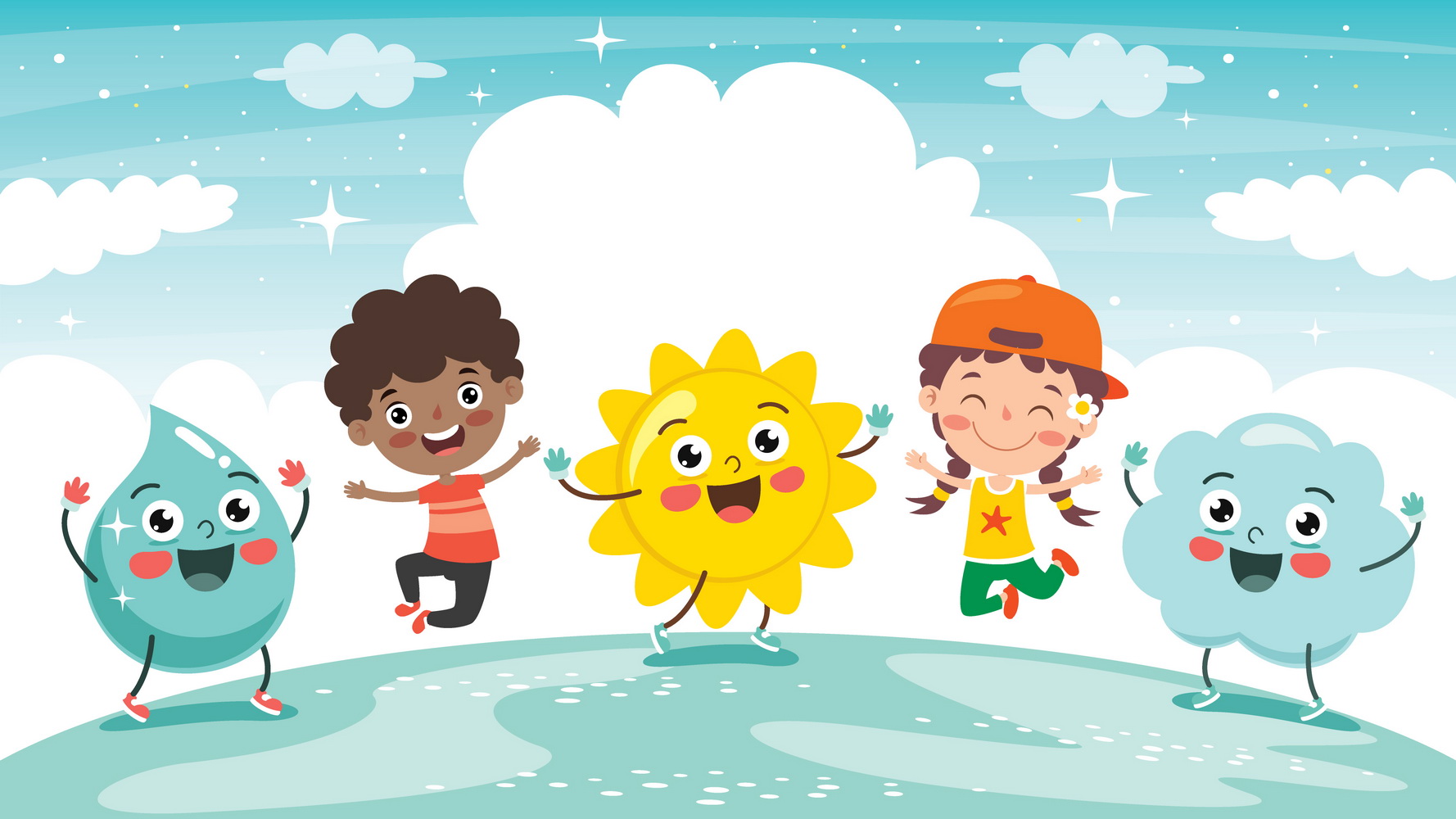Homework in the Era of Chat GPT: An Opinion from a Parent and Educator
April 27, 2023
In this article, Lori Toney, a secondary school teacher and a parent of three elementary students, reflects upon the current situation with chat GPT and how it is affecting the educational process in schools. She reviews the possible dangers and benefits of the new technology and shares her ideas on how to anticipate its potential detrimental effect on the quality of school education.
In November of 2022, the world instantly changed when OpenAI’s Chat GPT chatbot was released to the public. Ever since, professionals in the workforce, employers, and educators have all been grappling with if or how AI should be used in their industries.
However, because the app was released for anyone to freely use, kids have also been playing around with the chatbot to see how it could help them with their homework. For students, the app can serve as either a learning tool or a cheating device, which is why the ethics of if and how it should be used when it comes to academia has been hotly debated in the educational community within the past several months.

As a teacher and parent, I have witnessed first-hand the transformation of education in response to ChatGPT. With over fourteen years’ experience of teaching 8th and 9th grade in public schools, I can attest to the fact that the way teachers plan instruction and classroom activities has drastically shifted in response to the release of the chatbot. As a parent of elementary-aged students, I am also worried about what effect AI technology will have upon their education, and whether it can be used as a helpful tool, or if it will be a temptation and detriment to their learning.
Ultimately, I believe chatbots such as Chat GPT could prove to be meaningful learning tools, but only if students are taught to value their education and are imbued with a sense of integrity surrounding their work ethic. Such values must be taught as early as possible; parents of elementary-aged students must be aware of how AI is affecting middle and high school students to understand the importance of teaching their children the values they will need to be able to utilize the new technology that will transform their educational experiences in the future.
Adapting to New Technology: Observations of a System Affected by Chat GPT
Never have teaching methods and lessons planning shifted so dramatically as they have during the 2022-2023 school year. After years of learning to use blended learning strategies and incorporating technology such as mobile phones, iPads, and laptops to facilitate learning, educators have instead backtracked to more traditional teaching methods.
In writing-heavy courses, such as English language arts, or even high school social studies classes, students are returning to longhand writing before typing any assignments and submitting them through hard copies instead of online. Many teachers, me included, have stopped allowing students to take home their work to complete and instead instruct kids to turn in their work at the end of the class to get it back and continue the next school day.
In my district, as well as many other districts I have observed, Chat GPT is blacklisted by a firewall that prevents students from gaining access at school over the network WIFI. There are many ways that students get around this, though, such as by using their cellular data signal instead of the school WIFI, or by using a paid VPN app.
The issue is that teachers are no longer confident that the work they receive from students is authentic. Cheating has always been commonplace in schools; now that it can be done discreetly, and without a reliable way to detect AI writing, it’s nearly impossible for educators to ensure that their students are demonstrating genuine learning through written assessments.
Are there any benefits to using Chat GPT in the classroom?
There has been a lot of debate about the potential of using AI technology as a learning tool; in fact, many articles across the web feature college professors or high school teachers who argue that educators should embrace it because its use will be inevitable and unavoidable. I have personally not heard such a stance amongst my own colleagues, but there may be some merit to this side of the argument.
In such debates, AI technology has been compared most frequently to the calculator and how many math teachers in the past disliked the idea of giving students a tool that does the hard work for them. However, it is well documented today that calculators help students recognize patterns and complex math concepts that might be ignored if too much time was spent on simply solving the problem. An app such as Chat GPT could be useful as a learning tool in the following ways:
- By generating ideas for writing assignments
- Students can ask Chat GPT to evaluate/grade their writing
- The bot can suggest sources for research
- Searching for information is quicker and easier than by sifting through Google responses
- Teachers can use it to generate writings that students can work with to improve by adding in elements such as adding a writer’s own personal voice
At the time of this writing, it must be noted that Chat GPT is known for producing mixed results when it comes to providing information and properly citing its sources. As the technology continues to improve, these issues should lessen to the point that students may be able to use it as a tool in the classroom.
The dangers of using Chat GPT in school
On the other side of the argument is how Chat GPT might be abused by students who fall to the temptation of simply asking it to do their work for them. Of course, this would be detrimental to any child’s education, as it simply serves as a way for a student to earn passing grades without learning anything.
As a secondary teacher, I am on the front lines when it comes to dealing with students who cheat. In my experience, students often feel tempted to cheat because:
- They are under intense pressure from their families to earn the top grades
- They do not feel confident in their ability to earn a passing grade
- They do not understand the assignment and are afraid to ask
- They are under pressure from the weight of too many extracurricular activities that they simply do not have the time to complete their work with fidelity
- Some students unfortunately do not value their education, and are apathetic
The biggest issue with AI technology is that it makes it too easy to cheat and for children to get away with it. Before AI chatbots, students sometimes succumbed to the temptation of looking up answers using a search engine instead of thinking through a problem or concept on their own. A tool like Chat GPT makes this even easier as it scours the web for the user, making it possible to find answers to assignments instantly. This can stifle a student’s natural curiosity and drive to learn, as they feel tempted to complete schoolwork faster with less effort. Due to these concerns, teachers have been making the changes noted above, and are banning its use at school.
What does this have to do with elementary students?

By now, you might be wondering what does Chat GPT have to do with elementary kids? After all, students in their primary school years are just learning to read and write, and likely will not have the ability or know-how to use the tool for neither good nor bad.
The answer lies in the fact that by the time your child gets to a teacher like me in the secondary level, their work ethic and personal values regarding their education are already set based upon what they learned when they were young. While teenagers can and certainly do go through periods of rebellion as they test limits and gain independence, what I have found is that the students who are the least likely to cheat are those who have grown up understanding the importance and value of getting an education. Their parents prioritize learning instead of merely earning good grades, support their kids’ teachers, and are actively involved in their schooling.
If students are to grow up to monitor their own learning and use technology such as Chat GPT as a beneficial tool, they must learn the importance behind a positive work ethic, integrity, and honesty in their schoolwork. This begins when kids first enter kindergarten, and it should be enforced through their elementary years consistently. While as an educator I would love to see updates in AI detection software, I would love it even more if my students acted with integrity and understood how important their education is to their future.
The Takeaway
As of now, most teachers I know, including me, support a ban on technology such as Chat GPT in school. However, we also know how impossible it is to enforce such a ban when clever students who are determined to cheat will find a way to do so.
I would love nothing more than to see a future in which we could use this exciting new technology as a beneficial learning tool to revolutionize the way students learn, but the only way to get there is to instill within our children the positive character traits that will prevent them from abusing such software when they grow older.
What's your opinion about school students using Chat GPT to do their homework? Share your ideas in the comment section!
by Lori Toney,
9th Grade English Language Arts Teacher, Sugar Land, TX











